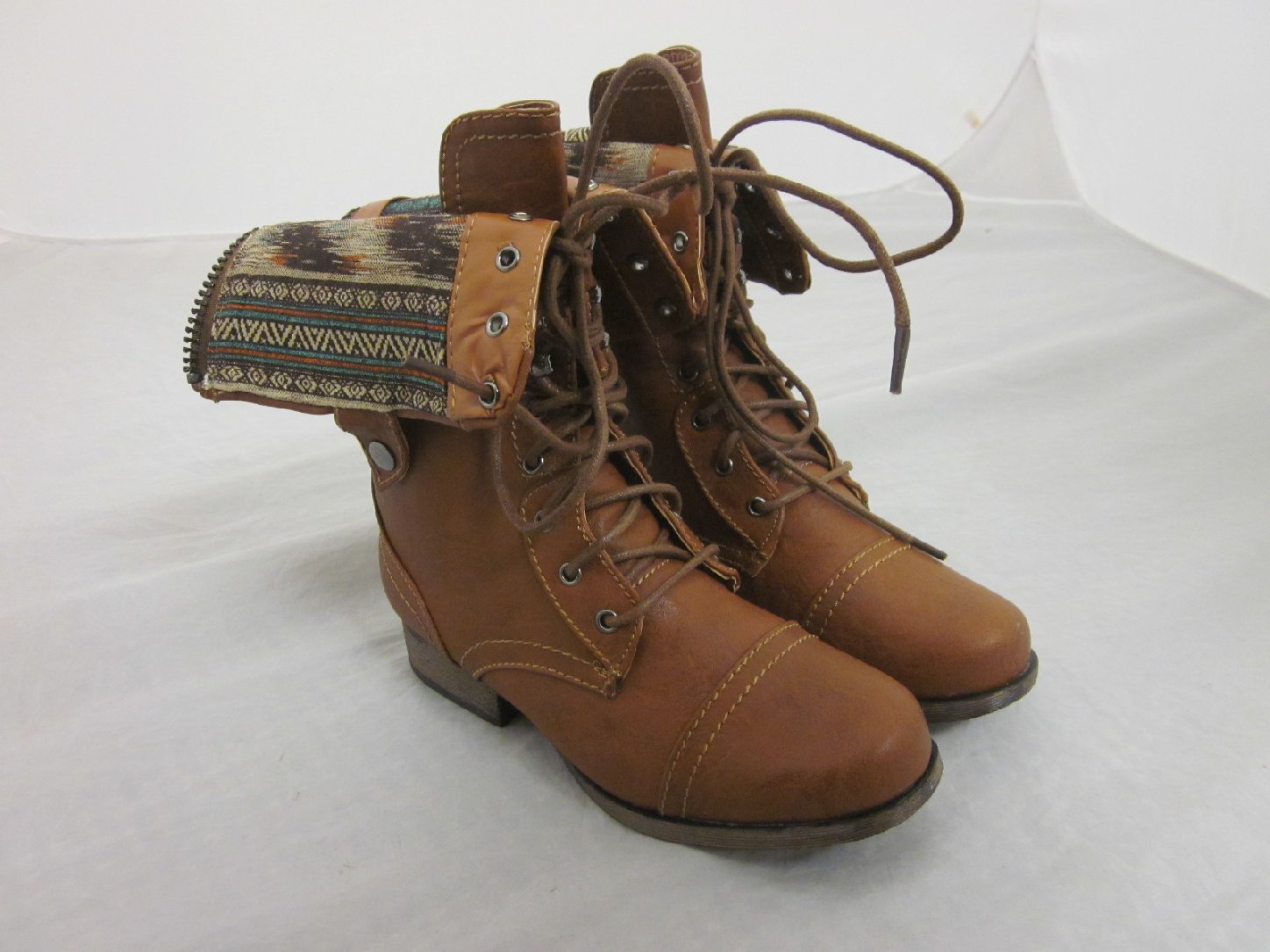
Three youth-oriented clothing chains, including San Francisco-based retailer Charlotte Russe, sell products with illegal levels of lead, a neuro-toxin, according to testing done by the Oakland-based Center for Environmental Health (CEH).
In the case of the Charlotte Russe stores, a tip from an anonymous whistleblower in China suggests the company knew in advance of at least one violation, but sold the item anyway.
Under the California law known as Proposition 65, retailers must post warning signs if any of the products they sell contain lead. But the three retailers — Russe, Wet Seal, and Forever 21 — agreed in a 2010 settlement to a stricter provision: to remove all but trace amounts of lead from their products.
Charlotte Russe executives, contacted by phone and at the company’s San Francisco headquarters, declined to comment. Forever 21 did not respond to inquiries.
In an email, Wet Seal said that the company “ensures that its products are tested for lead and confirms passing test results before the products are shipped to stores.”

One pair of boots sold by Charlotte Russe was found to contain 6,905 parts per million of lead, 23 times the legal limit, according to a Livermore lab hired by the Center for Environmental Health.